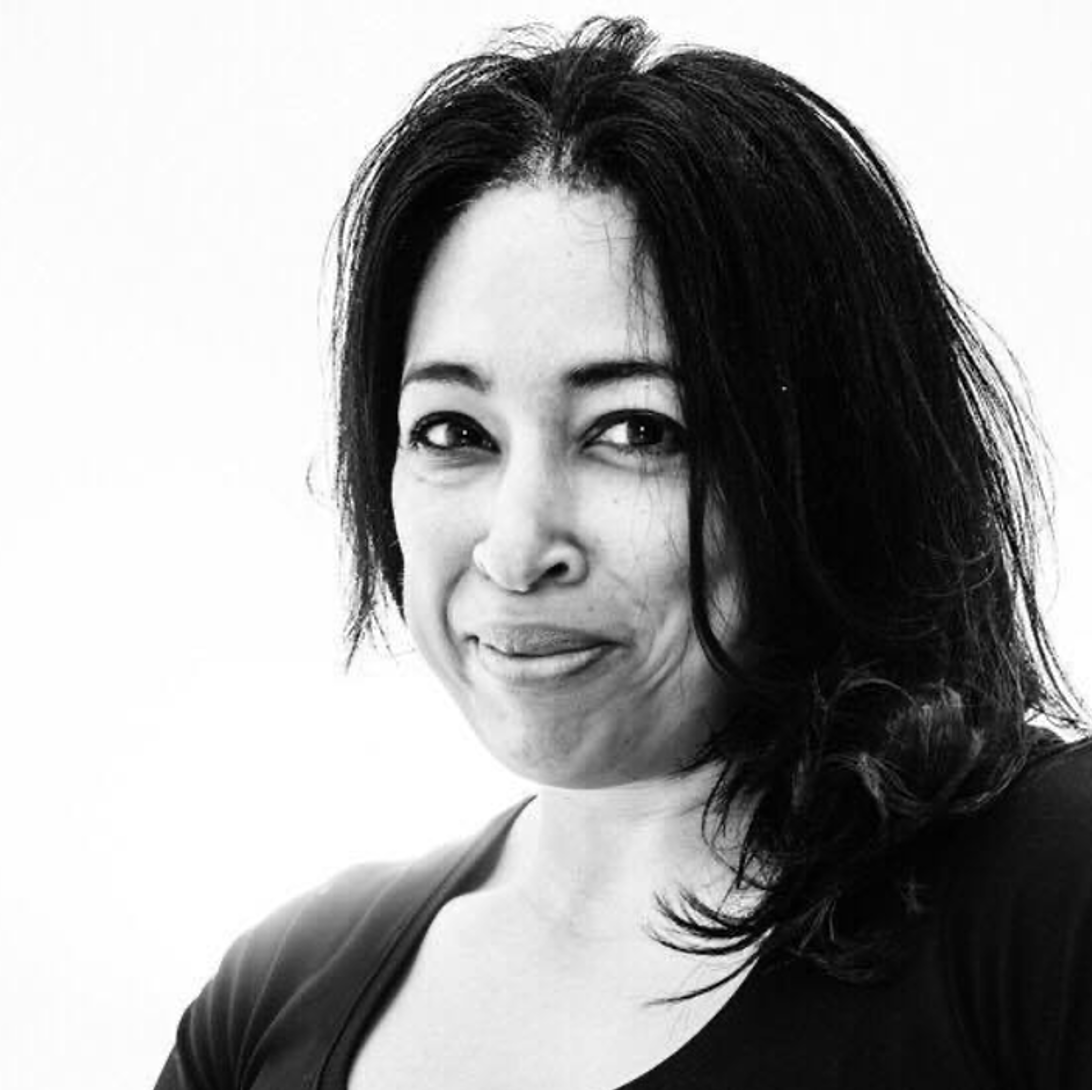Contents
- 1 Paid Clinical Trials in Virginia
- 2 Demographic Data of Virginia is Important to Determine Trial Availability
- 3 Exploring Virginia Diversity to Identify Paid Trial Opportunities
- 4 Multiple Virginia CROs Have Opportunities for Healthy Participants
- 5 Notable Breakthroughs Virginia Can Lay Claim To
- 6 Virginia CRO Trial Opportunities: Available, and Changing the world
Paid Clinical Trials in Virginia

Virginia is one of the most historical states in America and has a legacy in medicine that stretches back over 100 years. That means there’s a multi-generational infrastructure that provides a fine foundation for further advancement. If you live anywhere in Virginia, there are paid clinical trials for healthy volunteers nearby; you just need to know where to look.
Just to give you an idea of what clinical trial opportunities look like in Virginia, let’s examine three numbers: the population of the state, how many vendors are available, and the level of medical experimentation necessary to advance the science.
Virginia’s population is 8,757,467, and there are approximately 272 vendors in the state, at the time of this writing, who offer paid clinical trial opportunities. Experts have calculated that .005% of the total U.S. population (1 out of every 200 people) needs to be involved in experimentation at any given time to advance the science.
So, if you multiply .005 by 8,757,467 and divide by 272, you’ll find how many individual opportunities are available in Virginia per vendor. The number comes out to 43,787.335, or approximately 160 to 161 opportunities per vendor. Look for CROs, or Clinical Research Organizations, in the local area—these are the vendors. We’ll explore a few pieces of information about them in Virginia here.
Demographic Data of Virginia is Important to Determine Trial Availability
A great indicator of what sort of CRO opportunities will fit you personally can be derived from demographics. By necessity, paid clinical trials nearby for healthy volunteers need to match populations where volunteers can be found. In Virginia, you’re looking at a population that is 66.32% white or Caucasian, 19.05% black or African, 6.7% Asian, and 4.77% comprised of two or more ethnic backgrounds. The median local age is 37.1, 50.8% are female, and 48.2% are male.
We have compiled the following list of paid clinical trials for healthy volunteers, click the Search All button at the bottom to find more:
Exploring Virginia Diversity to Identify Paid Trial Opportunities
From the data, we can extrapolate that paid clinical trials for healthy volunteers in Virginia will be most available for Caucasian females in their late 30s, followed closely by males in the same category, African communities, then Asians.
That said, with 43k+ opportunities and 160+ opportunities per vendor, statistically, you can find trials that fit your situation demographically, whatever your demographic happens to be.
Multiple Virginia CROs Have Opportunities for Healthy Participants
To help get started, the following are a few Virginia CROs offering healthy volunteer paid clinical trials to explore. We’ve chosen them from all across the state:
- The Smithsonian Conservation Biology Institute in the Central North
- Arkios Biodevelopment International in the Southeast
- Bluefield State College in the Southwest
Notable Breakthroughs Virginia Can Lay Claim To
To give you an idea of the sort of medical advancement you can be a part of, here are a few well-known innovations in medical science which have taken place in Virginia. You could be part of history, advance science, and put money in your pocket all at the same time. Consider the following:
- Roles of the Brain’s “Cleaning Systems” Discovered in Virginia
- Virginia Students Find Missing Link in Bodily Blood Pressure Control
- A Legacy of Discovery: Breakthroughs in Tuberculosis 100+ Years Old
Virginia CRO Trial Opportunities: Available, and Changing the world
At the end of the day, in Virginia, if you’re looking to supplement income by getting involved in medical trials, you have some considerable alternatives to choose from. Whatever you decide works best for you, you’ll be involved in something that expands medical science and represents a historical contribution to the field. To do that and make money at the same time is a victory for everyone involved.
